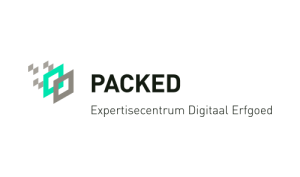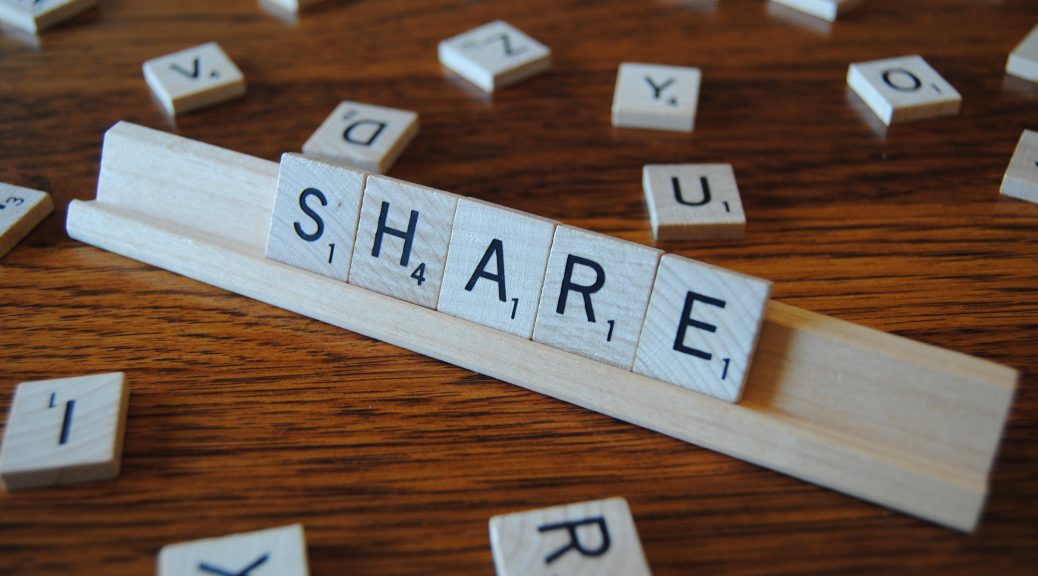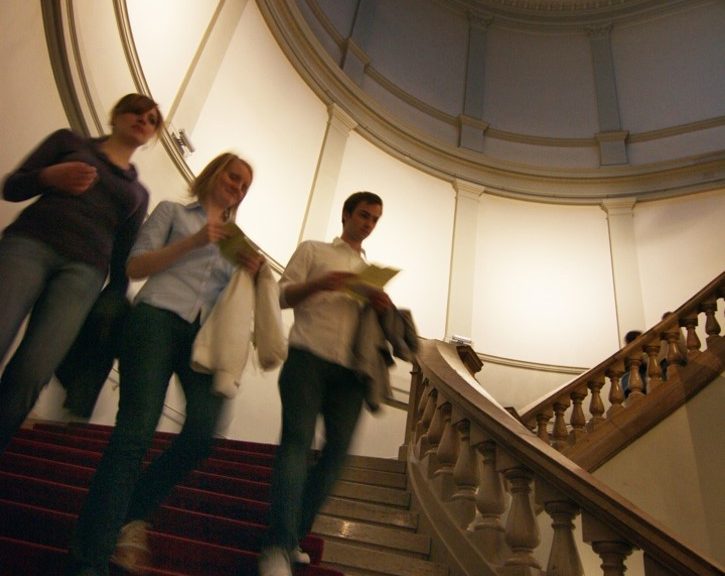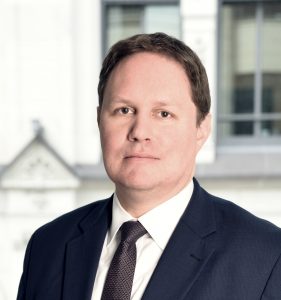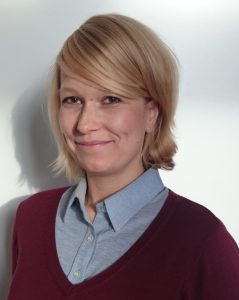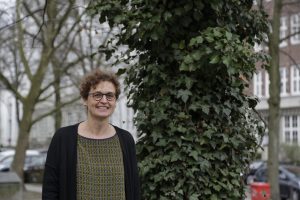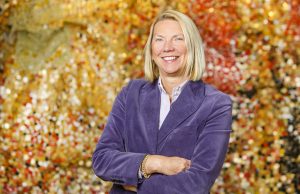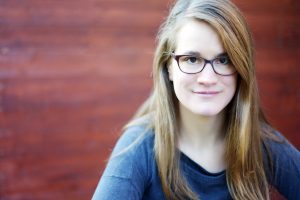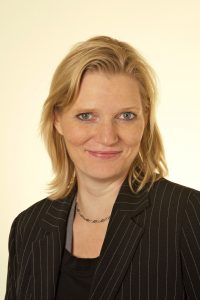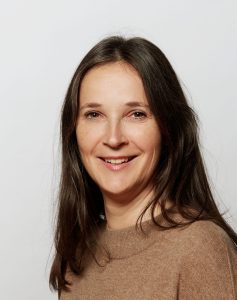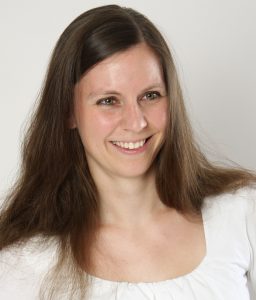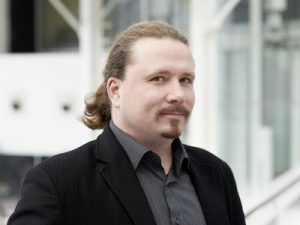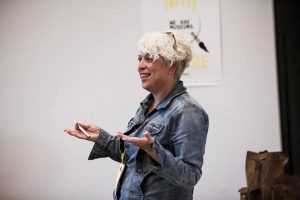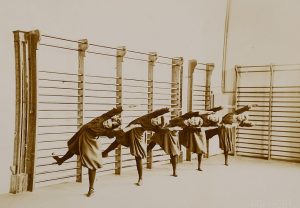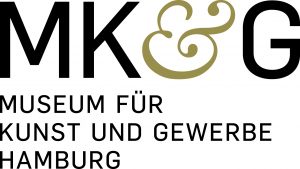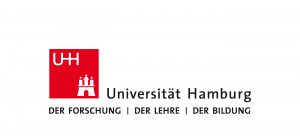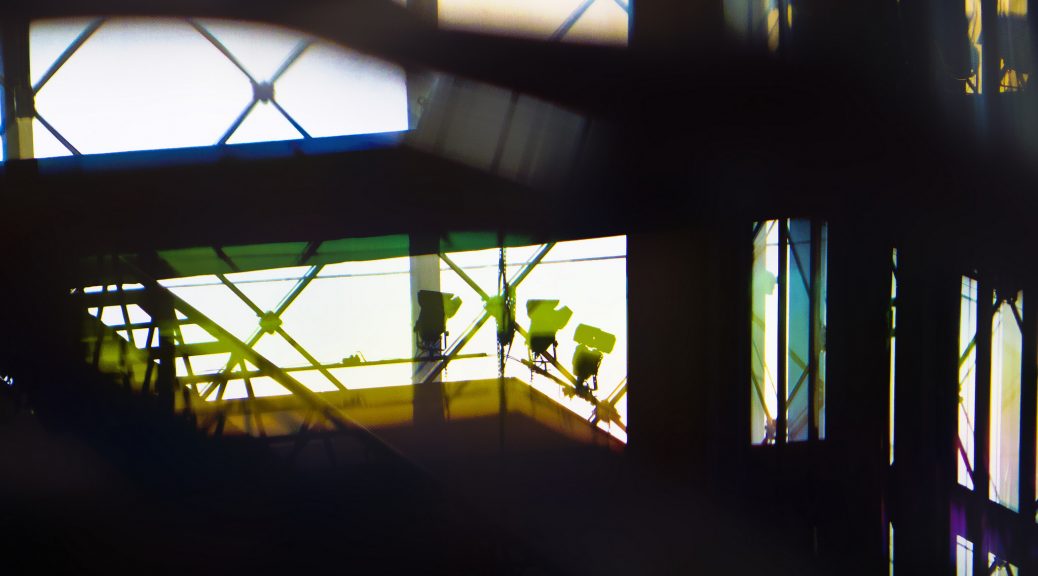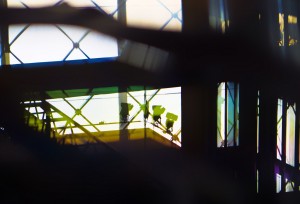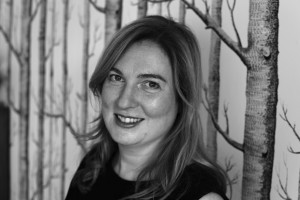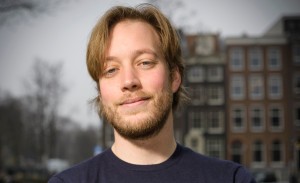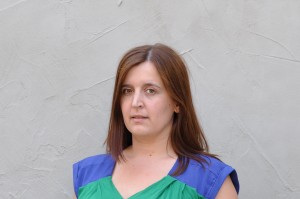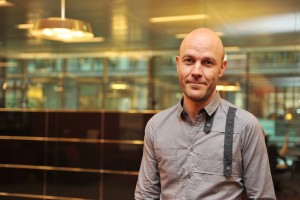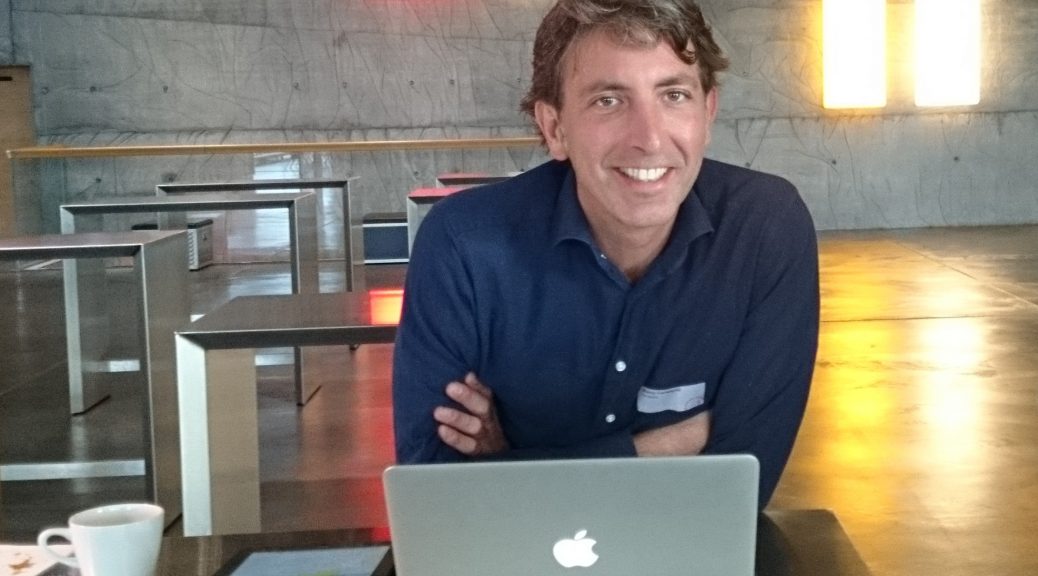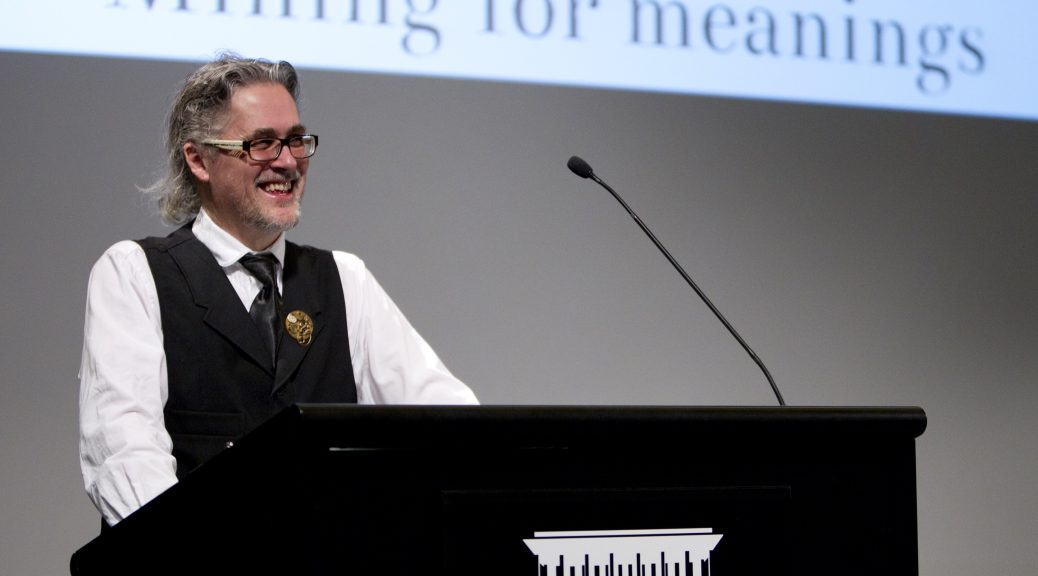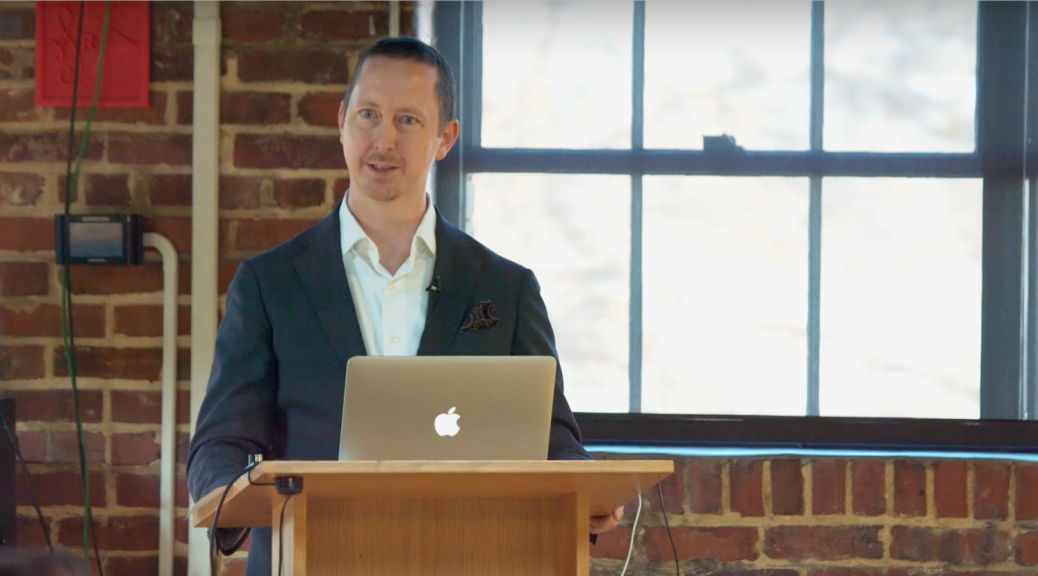Sharing is Caring – Brussels Extension
Opening up with Wikimedia
Sharing is Caring is a conference platform focused on collaboration and sharing in the cultural heritage sector, bringing together practitioners, researchers, and users of culture.
In analogy to the TED conferences and local TEDx extensions, the format is spreading from the core-event in Denmark to other countries, where local extensions address the topics that are close to their heart and their community.
After the first extension in Hamburg, Wikimedia Belgium and PACKED vzw Centre of Expertise in Digital Heritage are proud to announce ‘Sharing is Caring – Brussels Extension: Opening up with Wikimedia’ on 20 June at the Royal Institute for Cultural Heritage Brussels.
The’ Sharing is Caring – Brussels extension’ conference introduces the Belgian heritage sector to the possible applications of the various Wikimedia platforms for opening up digital collections. The conference will showcase examples from museums, libraries and archives from Belgium and abroad.
Besides showcasing Wiki-GLAM cooperations, the goal of the conference is to find motivated individuals and institutions with whom to organise content donations, promote reuse and remix.
Speakers

Trilce Navarrete
Trilce Navarrete is a specialist in historic and economic aspects of digital heritage and co-funder and editor of the EconomistsTalkArt.org blog.
Her research is driven by an interest to support evidence based policy to increase the use of digital heritage in our lives. She has studied the adoption of computers in museums, archives and libraries and is currently researching the effects of mediated heritage consumption, including the case of user preference to view and edit Wikipedia (read here).
Saskia Scheltjens

Bert Lemmens
Bert Lemmens is project manager at PACKED vzw, Center of Expertise for Digital Heritage. He is mainly involved in the projects CEST (www.projectcest.be), MEDEA (https://medea.weopendata.com/) and PREFORMA (http://www.preforma-project.eu/). Bert has worked a.o. for Amsab (Institute for Social History, Ghent) as researcher in the European project HOPE, for MovE (cultural heritage aggregator of the province of East-Flanders) and for the NAI – Netherlands Architecture Institute as a collection registrar. Bert holds a master’s degree in art history and a master’s degree in conservation. Currently Bert is the WPlead on requirements and assessment in the PREFORMA project.

Dieter Suls
Dieter Suls works as a science librarian at ModeMuseum (MoMu) in Antwerp. Over the years, he coordinated many heritage projects such as Europeana Fashion, Contemporary Fashion Archive, the Visual Thesaurus Fashion and Costume and set up a study collection for MoMu.
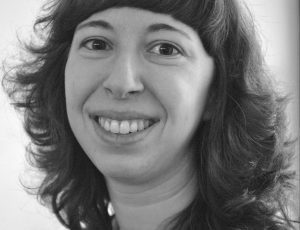
Gwenny Vlaemynck
Gwenny Vlaemynck is project leader at the bibliographical center at Cultuurconnect, the centre for digitization for public libraries and cultural centres. Together with the Open Vlacc catalogers she keeps the library classification systems up-to-date and looks for the most relevant keywords, themes and genres to make the content of the public libraries available. The catalogues of the Flemish public libraries are enriched by information about authors from Wikipedia.

Sandra Fauconnier
Sandra Fauconnier (BE/NL, 1973) is an art historian with a particular interest in new technologies. She wrote her master’s dissertation about internet art (1997) and has been active as projectmanager and producer of internet- and videoprojects in the cultural sector for over 15 years. Since 2003 she is an active contributor to Wikimedia projects and often collaborates with cultural heritage institutions to help them share their images and data through Wikipedia, Wikimedia Commons and Wikidata.
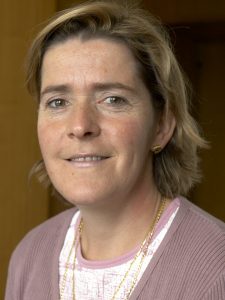
Hilde De Clercq
Hilde De Clercq is a chemist and obtained a PhD in science, polymer chemistry at the University of Ghent (1993). Since October 1994 she works as researcher in the department Laboratories of the Royal Institute for Cultural Heritage (KIK IRPA), Brussels. From December 2006 she is the Head of this Department as well as the head of the section Monuments.

Tim de Haan
Tim de Haan is Open Data advisor at the National Archive of the Netherlands. He has been involved with making available the collection data of the National Archive as open data. In 2013 in a collaboration between the National Archive and the Royal Library of the Netherlands, he accompanied the Wikimedian in Residence-project. He is also an active Wikimedian as [[User:Timmietovenaar] by uploading visual material on Wikipedia’s image database Wikimedia Commons for the purpose of illustrating lemma’s on Wikipedia.

Olaf Janssen
O.D. (Olaf) Janssen (Dongen, 1973) studied astronomy in Leiden and has been active in the library and heritage field since 2001. He is co-founder of The European Library and a pioneer at Europeana, the European Union cultural heritage platform. He is currently working on Open Data & Wikimedia-coordination at the National Library of the Netherlands (KB) in The Hague. He stimulates and facilitates activities that open collections, knowledge, data and bring the staff at the KB and the projects of the Wikimedia movement, such as Wikipedia, together. He is also active in the movement as a volunteer.
Organised by:
Supported by:


